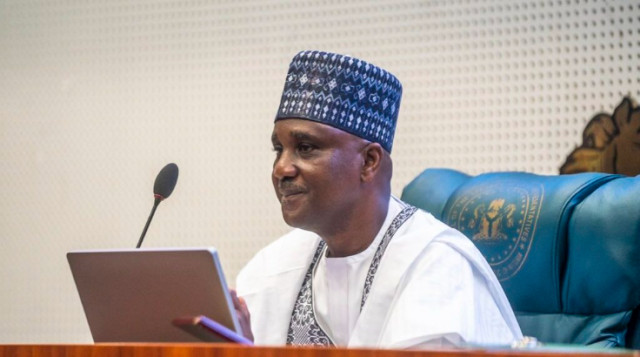The Speaker of the House of Representatives, Abbas Tajudeen, said decentralised policing is not alien to Nigeria.
He spoke at the National Dialogue on State Policing organised by the House on the proposal to decentralise the current Nigeria Police Force and empower states to create and operate their own policing system police in Abuja.
He affirmed that during the colonial times, policing was strictly decentralised, as evidenced by the Lagos Police Force, Hausa Constabulary, and Niger Coast Constabulary.
He said, “Under the First Republic, these forces were first regionalised before their subsequent nationalisation. However, subsequent civilian and military governments adopted a rigidly centralised pattern for the Nigeria Police,” Abbas said.
The speaker argued that whereas most Nigerians agree on the need to reform policing, “there is no agreement on how best to proceed with the reform or the best policing model for Nigeria.”
“In considering the path forward, we must recognise that no one-size-fits-all solution exists. The vast diversity of Nigeria, with over 300 ethnic groups and a range of geographic, economic, and social conditions, requires a policing model that is adaptable and sensitive to local contexts. As we explore the models of state policing that have been successful in other nations, we must be judicious in adapting these frameworks to fit our unique Nigerian context.
“Furthermore, it is also important to remind ourselves that decentralised policing is not alien to Nigeria. Historically, during both the colonial and immediate post-colonial periods, Nigeria operated under a system where local police forces played significant roles in maintaining public order specific to their regions,” he added.




















